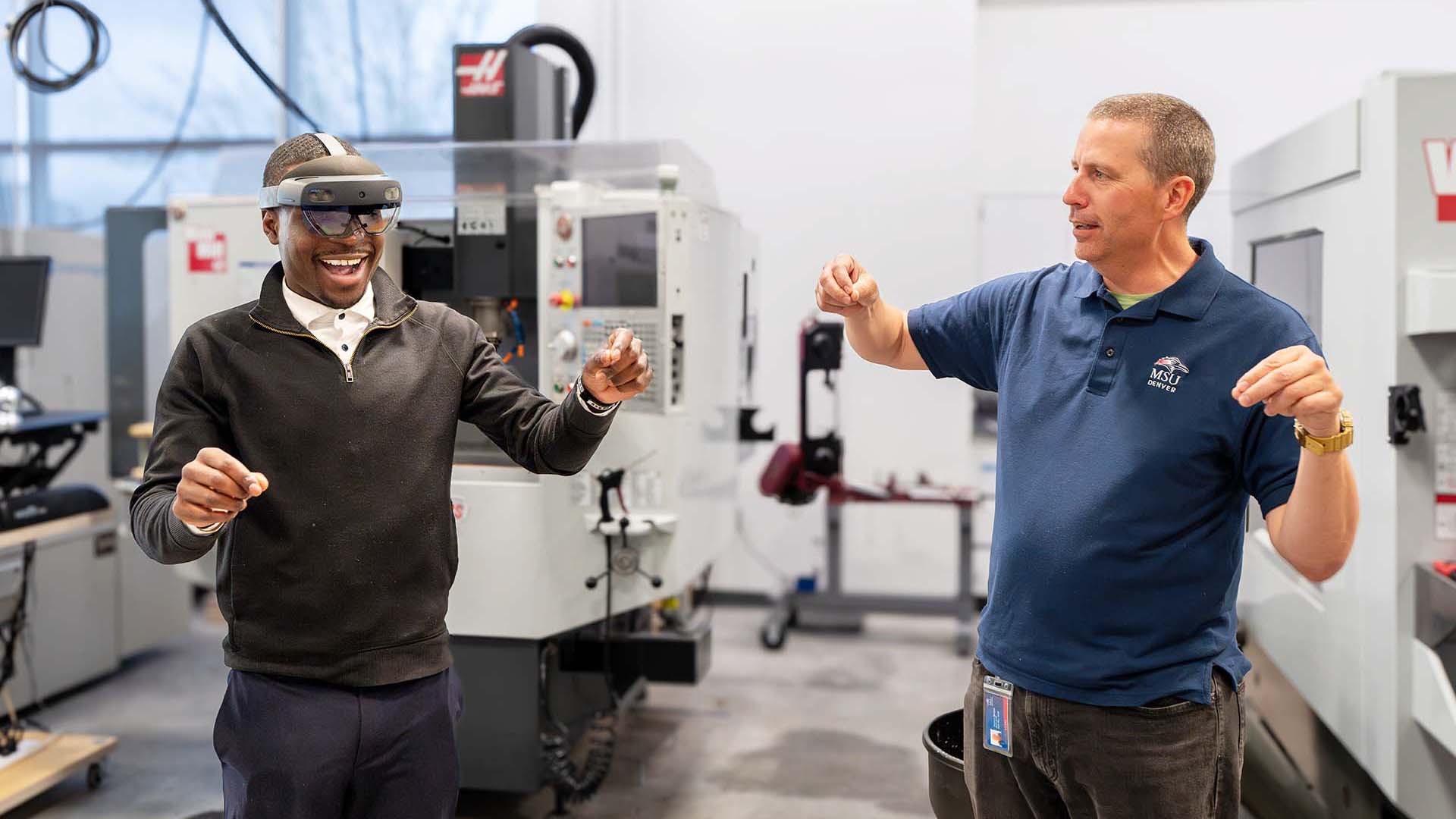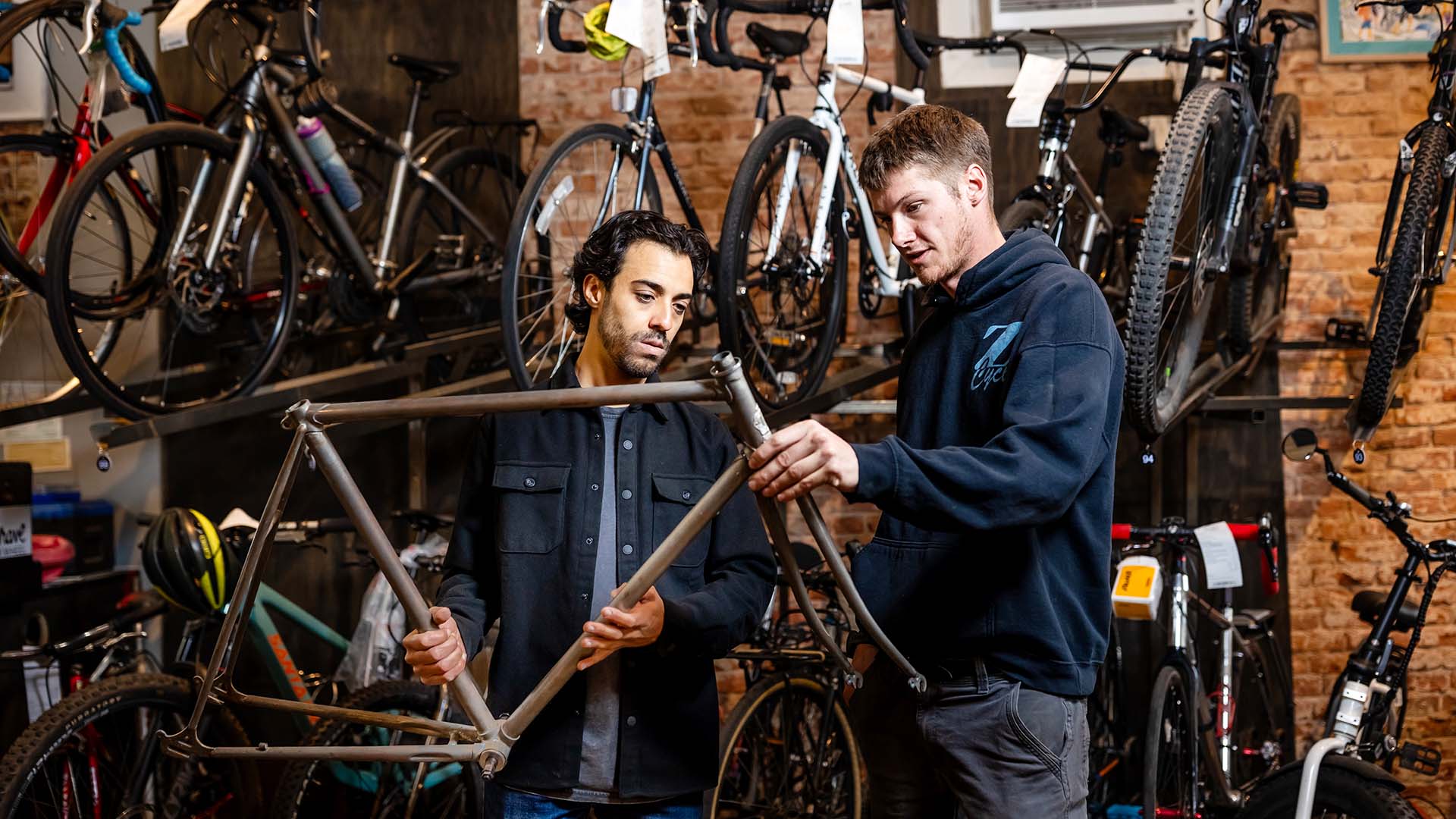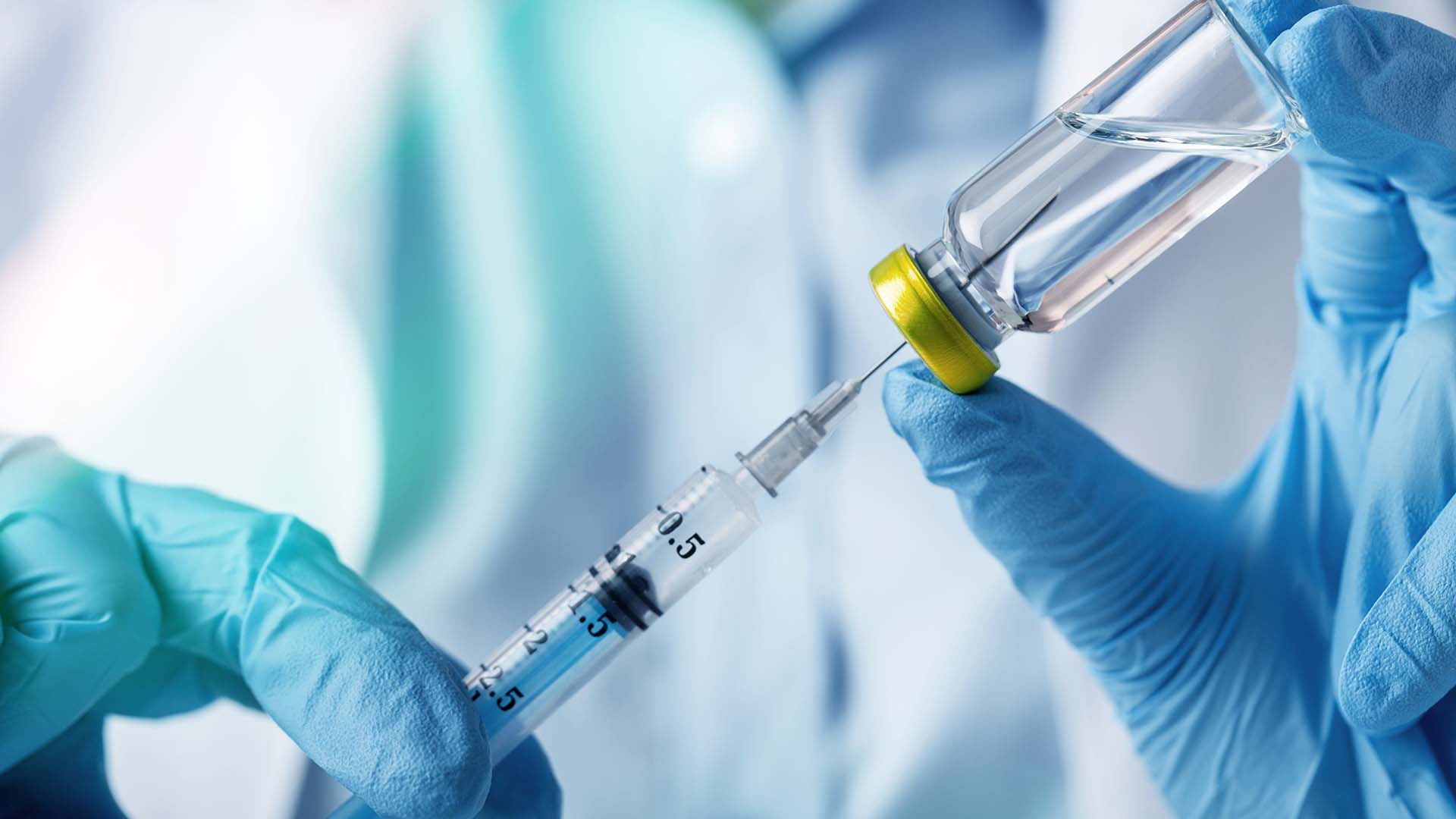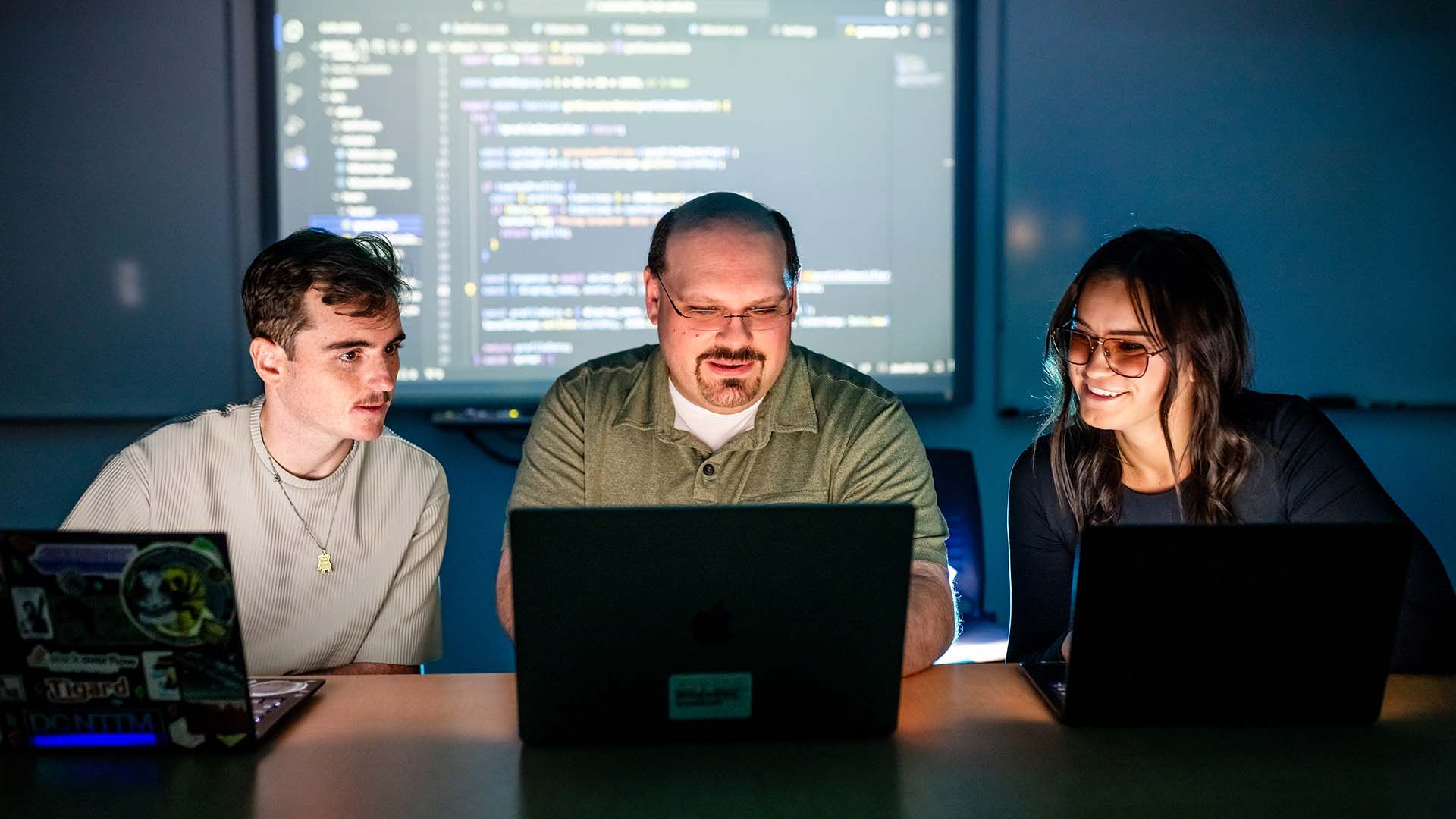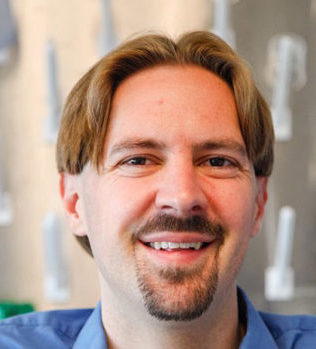The scientists you’ll never meet, who might just save your life
Graduates of the Colorado Center for Medical Laboratory Science thrive in a hidden and high-demand health care profession.
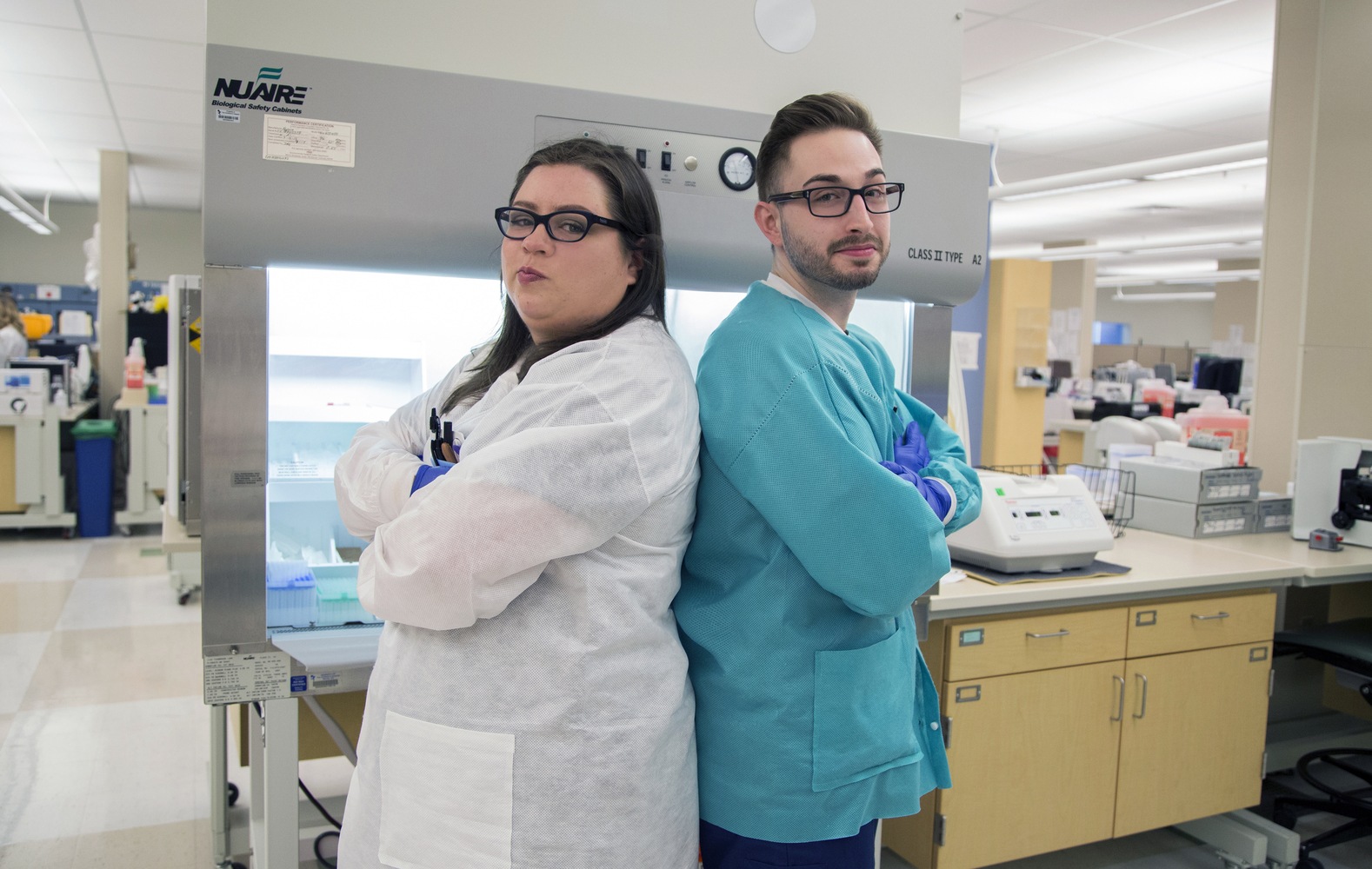
You need blood drawn. Sorry. A nice nurse or phlebotomist sticks you with a needle, fills a vial with what seems like way too much blood and then sends it off for testing. A few days later, your doctor calls to tell you the results.
Ever wonder what happens in the time between the needle (ouch) and the diagnosis?
If you’re like most people, probably not. But the work that occurs in the space between is absolutely essential in ensuring an accurate diagnosis, getting healthy and even staying alive.
Here’s what actually happens: Your blood finds its way into the gloved hands of a medical laboratory scientist, who runs a series of tests on it using complex instruments and computers. That scientist then gathers the data into a comprehensive report and shares it with the doctor.

The doctor interprets the results and makes a diagnosis … and gets all the credit when you get healthy.
“That’s why people say we work in a hidden profession,” says Karen Myers, director of the Colorado Center for Medical Laboratory Science at Metropolitan State University of Denver. “When people think about health care, they focus on doctors and nurses, the people they see. Medical laboratory scientists often work behind closed doors, but they are still essential in patient care.”
Who are these hidden heroes?
Meet Acassia Langlo, an MLS in the core lab of the Department of Pathology and Laboratory Medicine at Children’s Hospital Colorado, where she’s been working for the last year. Like any good science nerd, Langlo can’t get enough of her job.
“I enjoy looking at blood smears and trying to find any pathology that is there,” she says. “It’s a little like detective work. And if I do my job well, I can really make a difference in someone’s life.”
Case in point: leukemia. It’s a disease she sees too often in her line of work. But Langlo takes heart in the fact that early detection can lead to a better prognosis. She wants to be the scientist who makes sure she finds it, if it’s there.
That’s why good training is so essential.

Where do they get their superpowers?
Langlo got her training at MSU Denver. She studied biology as an undergraduate and earned her degree in 2015. During her senior year, she heard about medical laboratory science and thought it might be a bit more practical than the research career she’d previously been considering.
So, she enrolled in the 11-month, full-time certificate program at the CCMLS. She spent seven months in the classroom, averaging 35 to 40 hours a week. This intensive experience was followed by four months in clinical practice before taking the national board certification exam.

“The real-life application was the most beneficial when transitioning into my career,” she says. “Going out and working in the hospital and seeing how stuff is done prepared me for what to expect.”
Langlo enjoyed her time at the center so much that she’s even gone back to teach some classes to current students.
Money-back guarantee
That’s good news for a profession that is in desperate need of more employees.
“MSU Denver has always been dedicated to workforce development,” says Myers. “This program is focused on meeting employment needs at hospitals and clinics in the community. Right now, there is a shortage of qualified people to do the work and organizations are concerned.”
Myers says there are only about 200 schools in the U.S. training students for the MLS profession. That combined with the retirement of many workforce members has created something close to a crisis.

The silver lining of the shortage is that CCMLS students are almost guaranteed to get good-paying jobs. In fact, 100 percent of graduates are employed within four weeks of completing the program. Most have job offers before they even finish.
Some students even get a foot in the door at the outset of the program. Niko Hubbart is one of three students participating in a scholarship program through Children’s Hospital Colorado. The hospital assists with his tuition and in return, he has agreed to work there for two years.
“The support has been really helpful,” says Hubbart. “It’s nice to be sought after, but for me, even more important is loving the work. Being in the lab makes me happy, and I’ve always wanted to help people, so it’s the perfect situation.”

Hubbart is in the clinical portion of the program and finishes in May. He’ll sit for boards shortly thereafter. When he passes, he’ll join the hidden ranks of medical laboratory scientists, who you might never see, but could just save your life.
The Colorado Center for Medical Laboratory Science is a post-baccalaureate program run through MSU Denver’s Extended Campus.

